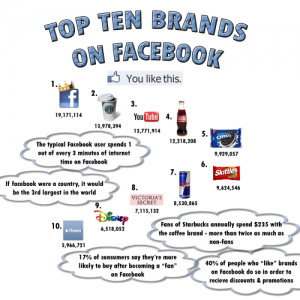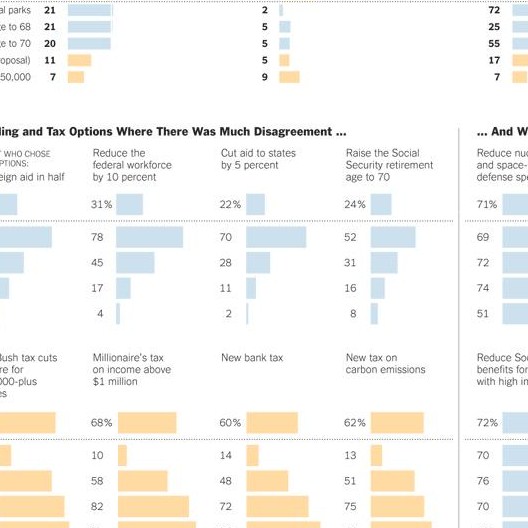This post by Adriano Farano originally appeared on owni.eu on January 5, 2011.
The news that in 2010 Facebook overtook Google as the most visited website in the United States is absolutely astonishing. But one might wonder what meaning this has for the way we use the web today?
Facebook and Google seem to me the frontrunners of two separate conceptions of today’s Internet.
 On one hand, Mountain View’s giant is the empire of the reason, the quintessence of what I would call the ‘cold web’. Google is used, deterministically, to search for something you are looking for. It can be extremely useful, though rarely exciting; we like it because its algorithms provide an order to the infinite data on the Internet. In this sense, Google is Apollonian. Like the Greek god of sun, light and poetry, later identified with order and reason, Google helps us to shed some light into the abundant mass of information available online.
On one hand, Mountain View’s giant is the empire of the reason, the quintessence of what I would call the ‘cold web’. Google is used, deterministically, to search for something you are looking for. It can be extremely useful, though rarely exciting; we like it because its algorithms provide an order to the infinite data on the Internet. In this sense, Google is Apollonian. Like the Greek god of sun, light and poetry, later identified with order and reason, Google helps us to shed some light into the abundant mass of information available online.
On the other hand, Facebook symbolizes the ‘hot web’. more...





